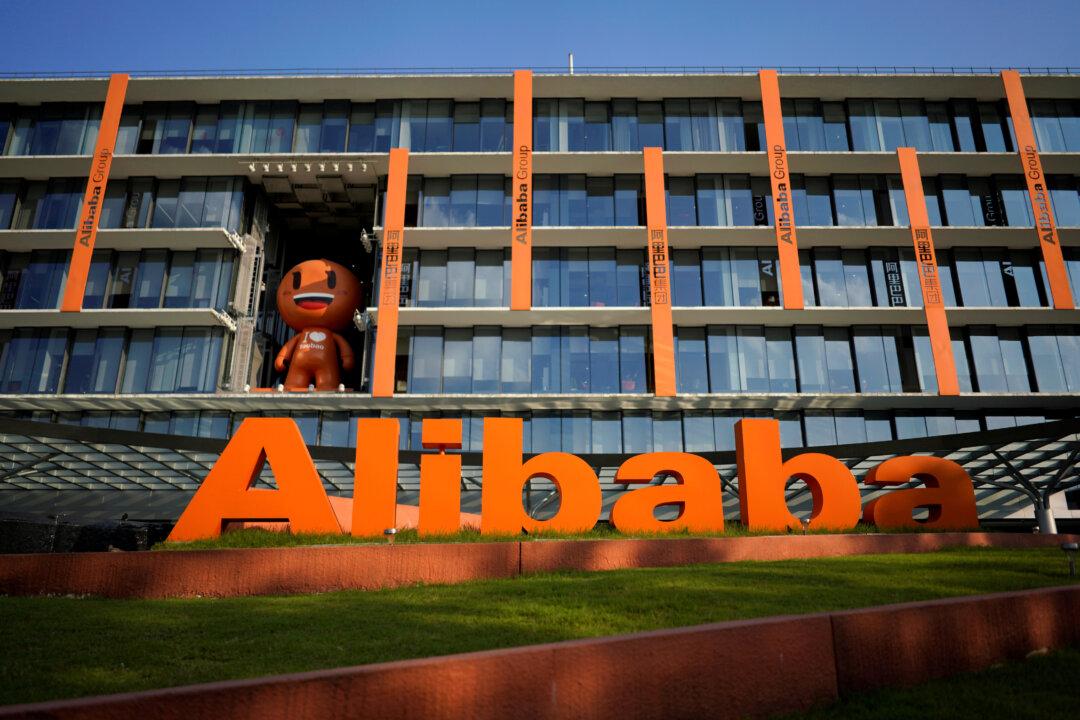SHANGHAI—Alibaba Group Holding Inc. co-founder Jack Ma said on Nov. 13 results from the Singles’ Day annual online shopping festival had missed the Chinese e-commerce giant’s expectations.
Launched in 2009, Singles’ Day has become China’s version of U.S. online sale event Cyber Monday, which follows America’s Thanksgiving holiday. Analysts monitor sales on Singles’ Day to gauge consumer sentiment in China.





